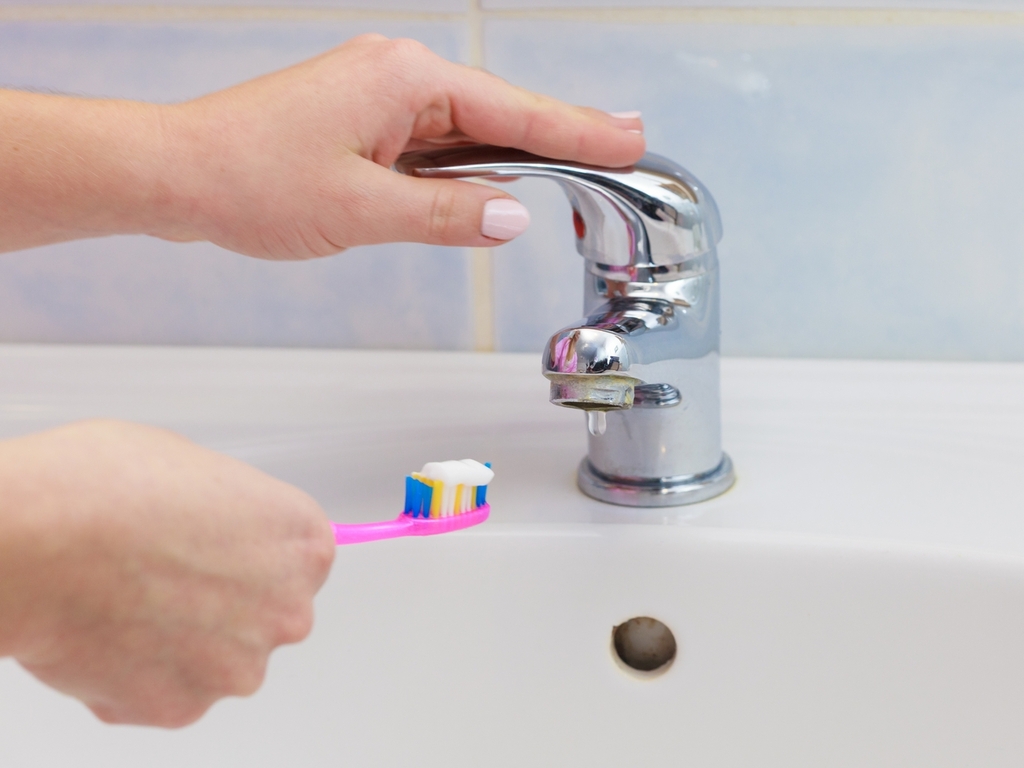Maintaining oral hygiene is crucial to prevent dental issues, ranging from tooth decay and bad breath to gingivitis and periodontal disease. Considering how costly dental bills can be, one might be surprised to learn that excellent oral hygiene can be achieved with minimal time and effort. Follow these tips to maintain good dental hygiene as part of a daily routine.
Avoid Brushing Aggressively
To maintain oral hygiene, it’s important to brush one’s teeth at least twice a day. It’s best to do so immediately after having eaten before the enamel and gums have a chance to soften from the acids in food. Brush teeth for two minutes each session, using gentle back-and-forth motions that cover all surfaces of the tooth. Be sure to brush the tongue and roof of the mouth as well.
Use Fluoride
Fluoride is a naturally-occurring element in soil and water. Many experts believe that this mineral plays an important role in keeping our teeth healthy. It is commonly added to toothpaste, mouthwash, and other dental products. However, some kinds of toothpaste do not contain fluoride. Experts have found that a lack of fluoride can lead to dental decay, even in people who usually take good care of their teeth.
Regular Flossing
Plaque and bacteria can gather between the teeth, where a toothbrush is unable to reach. Flossing can remove this material and help keep one’s breath fresh. Gently nudge the floss down to the gum line, and then gently hug the side of each tooth with up-and-down motions. Avoid pushing the floss up and down between the teeth. This can lead to pain and will not eliminate plaque as efficiently.
Regular Dental Visits
Dentists recommend that patients see them every six months for a checkup. During a routine dental exam, the hygienist will scrape plaque and hardened tartar from the teeth and remove them from the gums using a special tool. The dentist will use an inspection light to look for cavities, gum disease, mouth cancer, and other oral health issues. They may also take X-rays of the mouth on occasion to check for cavities.
Avoid Smoking
Smoking weakens the body’s immune system, making it difficult for the body to heal tissues, including those in the mouth. The CDC warns that smoking puts one at higher risk for gum disease. The ADA recommends that people who need dental care for periodontal disease take steps to quit smoking.

